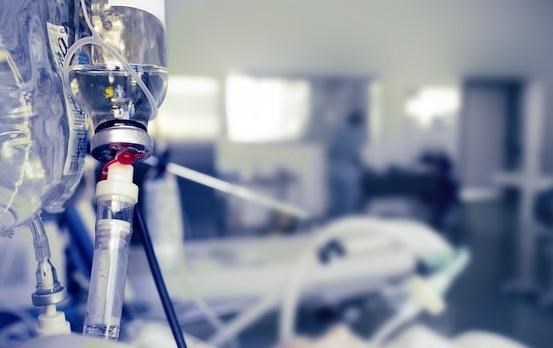Study Ranks Phthalates, Alternatives for Medical Devices
Now there's a clearer understanding of how a specific change of plasticizer may impact the performance of a non-PVC medical device.

Although most people in the plastics industry are cognizant with the issue of plasticizer migration, a good understanding of how a specific change of plasticizer may impact the performance of a plastic medical device has not been common knowledge.
Yesterday, at the MD&M West show held this week in Anaheim, Calif., the topic was addressed in a seminar presented by ’s vinyl division industry manager Peter Galland. The presentation was based on a comprehensive study based on original research conducted and completed by the company last year, and was prompted by customers who have been seeking this type of information. The study’s specific focus: how might plasticizer migration affect non-PVC thermoplastics that are widely used for medical device components—ABS, PC, PS, and acrylic-- which come into contact with components made of PVC.
A typical example is that that of PVC tubing used with PC connectors, but the study has implications for other devices such as bags and masks. Results showed that certain plasticizers may cause softening, cracking, or other defects in such non-PV components as they migrate across the interface with the PVC component, while other plasticizers exhibit little or no such effects. The study results are of particular interest to manufacturers of PVC devices who have been considering making the switch to compounds that contain alternatives to phthalates, such as widely used DEHP, DINP and DPHP all of which were not recommended for contact with three of the four non-PVC materials.
The non-phthalates given the green light for use with all four non-PVC materials are polymeric plasticizers and TOTM (a trimellitate). DOTP and DINCH are usable for contact only with ABS, while DOA, ATBC and benzoate are not recommended for contact with any of the four. Details on the study are posted
Related Content
-
At NPE2024, Follow These Megatrends in Materials and Additives
Offerings range from recycled, biobased, biodegradable and monomaterial structures that enhance recyclability to additives that are more efficient, sustainable and safer to use.
-
Calcium Carbonate From Carbon Capture for Brighter Plastics and Greener Steel
CarbonFree is converting steel slag and blast furnace exhaust into an important plastic compounding additive.
-
BASF Highlighting How They 'Make, Use and Recycle Future Solutions'
NPE2024: BASF is using its proprietary computer-aided engineering tool Ultrasim when designing for sustainability in a broad range of industries.







